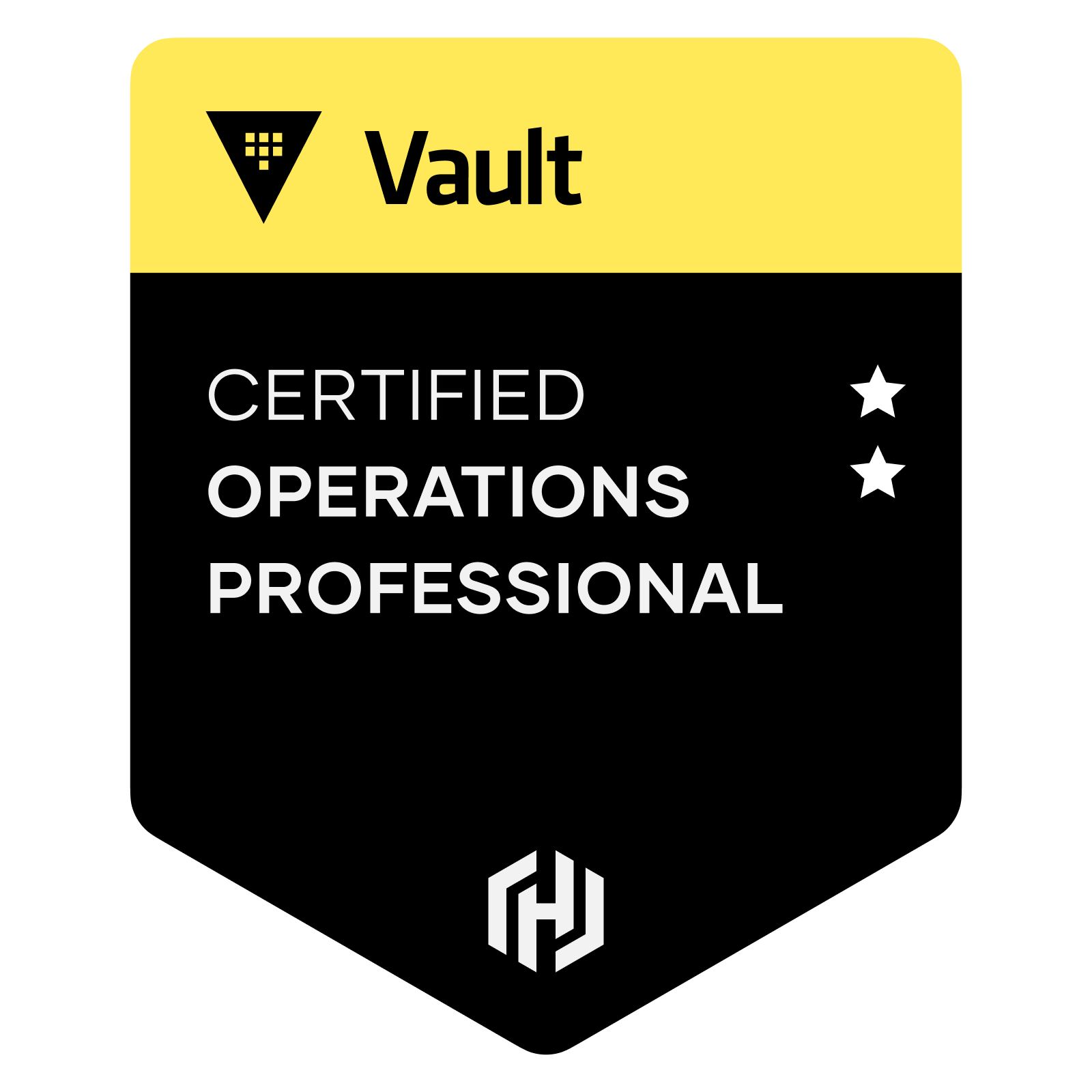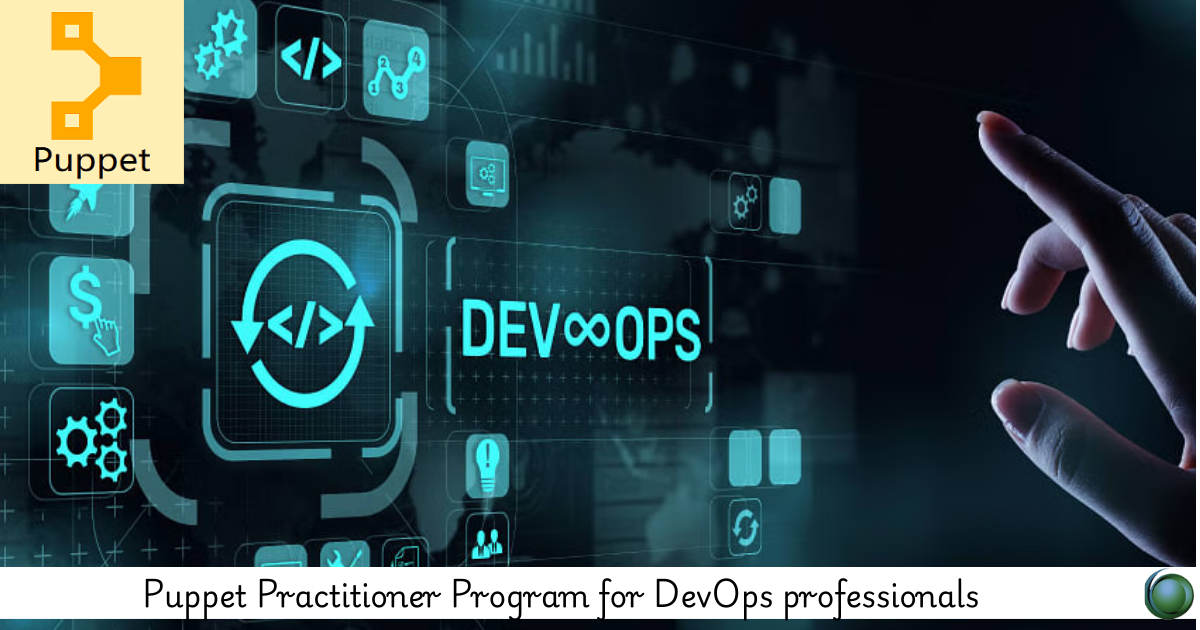Description
Introduction
HashiCorp Vault is a highly secure secrets management and data protection tool designed to safeguard sensitive data, credentials, and secrets. As more organizations embrace cloud-native architectures, the need for effective and scalable secrets management solutions has never been greater. The HashiCorp Certified: Vault Operations Professional certification focuses on ensuring that professionals are capable of deploying, configuring, and managing Vault in enterprise environments. This course is tailored for DevOps engineers, security professionals, and system administrators who need to master Vault’s core functionalities for secure secrets management and data encryption.
The training will provide participants with the expertise to set up and operate Vault securely, including the deployment of Vault clusters, managing authentication and policies, handling secrets, ensuring high availability, and automating workflows. This hands-on training will prepare professionals for the certification exam, giving them the skills needed to solve complex security challenges in the modern infrastructure.
Prerequisites
- Basic understanding of HashiCorp Vault and its core concepts.
- Familiarity with Linux systems and command-line operations.
- Knowledge of security concepts, identity and access management (IAM), and secrets management.
- Experience with cloud platforms (AWS, GCP, Azure) and container orchestration tools (e.g., Kubernetes) is advantageous but not mandatory.
Table of Contents
1. Introduction to HashiCorp Vault
1.1 What is HashiCorp Vault and Why it Matters(Ref: HashiCorp Certified: Terraform Associate (003) Training)
1.2 Core Use Cases for Vault: Secrets Management and Data Encryption
1.3 Vault Architecture: Components, Clusters, and Storage Backends
1.4 Vault Use Cases in Real-World Applications
1.5 Overview of Vault Enterprise Features
2. Installing and Configuring Vault
2.1 Deploying Vault on Local and Cloud Platforms
2.2 Vault Server Setup and Initialization
2.3 Configuring Vault Storage Backends: Consul, Integrated Storage, Cloud Solutions
2.4 Enabling High Availability (HA) with Vault
2.5 Configuring TLS for Secure Vault Communication
3. Authentication and Access Control
3.1 Authentication Methods: Tokens, AppRole, LDAP, AWS, and Kubernetes
3.2 Managing User Authentication with Vault
3.3 Creating and Managing Policies in Vault using HashiCorp Configuration Language (HCL)
3.4 Role-Based Access Control (RBAC)
3.5 Vault Enterprise Access Control and Identity Management
4. Managing Secrets in Vault
4.1 Understanding Static vs. Dynamic Secrets
4.2 Managing Key-Value Secrets with Vault (KV v1 & KV v2)
4.3 Database Secrets Engine: Dynamic Credential Rotation
4.4 Cloud Secrets Engines: AWS, Azure, GCP
4.5 Managing SSL/TLS Certificates with the PKI Secrets Engine
5. Securing Operations and Audit Logging
5.1 Vault Telemetry and Monitoring Best Practices
5.2 Setting up Vault Audit Logging for Compliance
5.3 Implementing Sentinel Policies for Governance
5.4 Vault Disaster Recovery Setup: Replication and Failover
5.5 Backup and Restore Strategies for Vault
6. Automation and DevOps Integration with Vault
6.1 Automating Vault with Terraform
6.2 Integrating Vault into CI/CD Pipelines for Secrets Injection
6.3 Using Vault in Kubernetes Environments for Secrets Management
6.4 Vault’s Integration with HashiCorp Consul, Nomad, and Other Tools
6.5 Advanced Use Cases for Vault Automation
7. Vault Performance and Scaling
7.1 Optimizing Vault Performance: Integrated Storage vs. External Backends
7.2 Scaling Vault for Large-Scale Deployments
7.3 Performance Replication and Multi-Datacenter Configurations
7.4 Vault Latency Tuning and Troubleshooting
8. Exam Preparation and Hands-On Labs
8.1 Overview of Exam Objectives for Vault Operations Professional Certification
8.2 Review of Key Topics and Core Concepts
8.3 Hands-on Labs and Practical Exercises for Real-World Vault Management
8.4 Sample Exam Questions and Answer Strategies
8.5 Final Review and Study Resources
Conclusion
Upon completing this training, participants will have the skills to confidently manage and operate Vault in real-world production environments. They will be able to securely manage secrets, automate tasks, ensure high availability, and integrate Vault into complex DevOps pipelines. This comprehensive understanding will ensure participants are fully prepared for the HashiCorp Certified: Vault Operations Professional exam, and equipped to take on the role of a Vault administrator in modern, cloud-native infrastructures.






